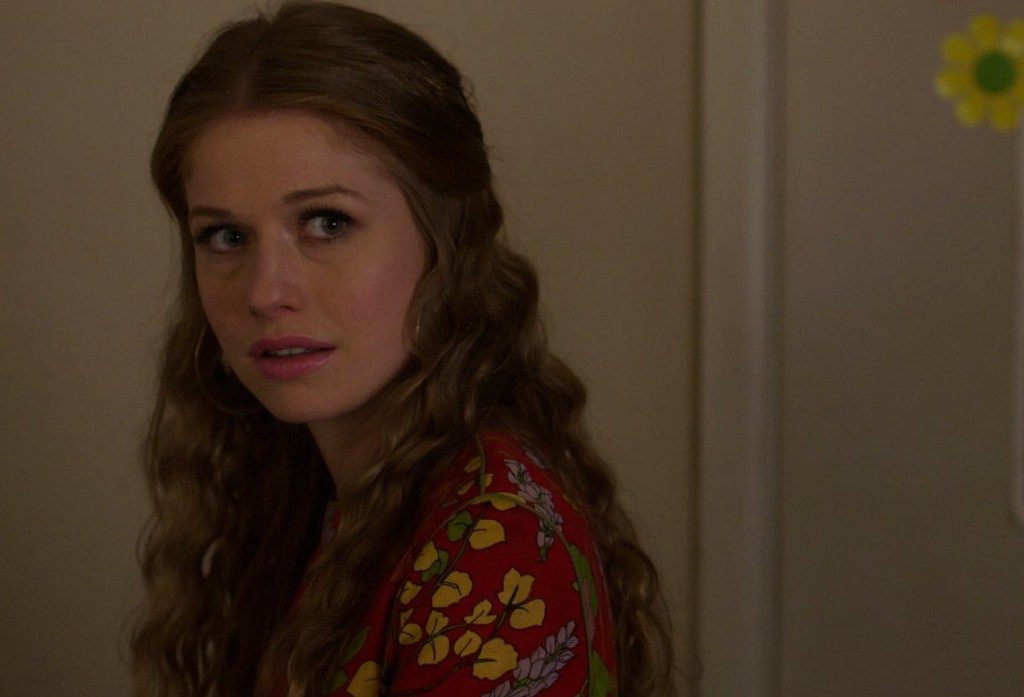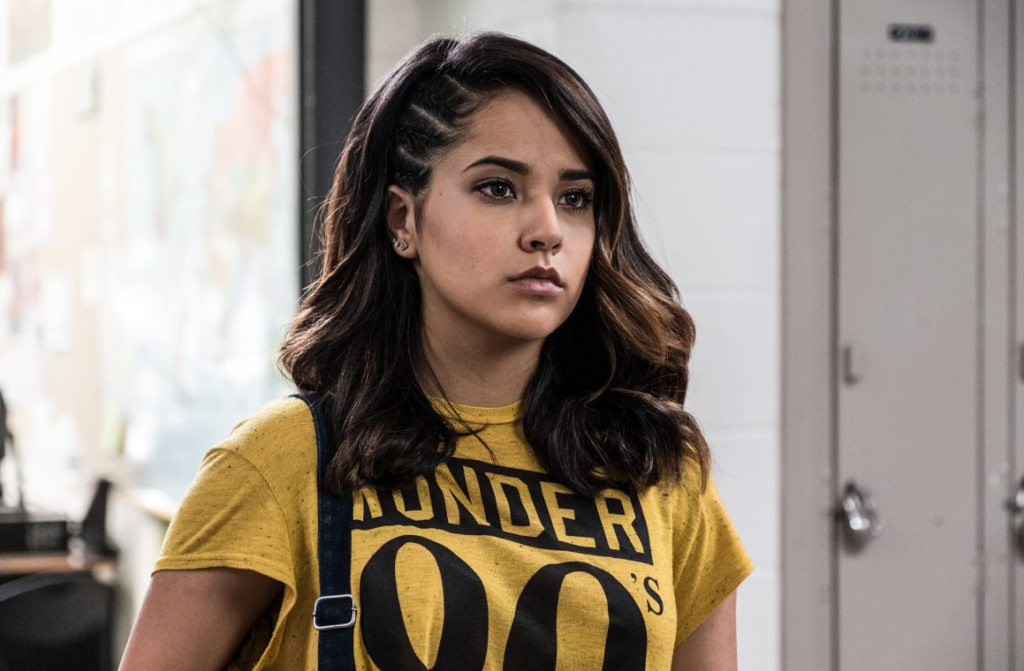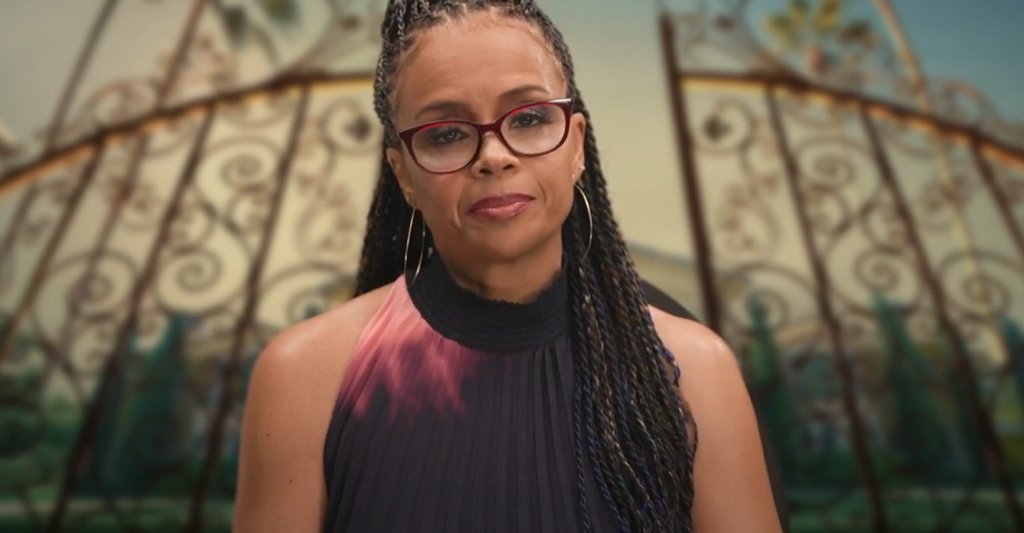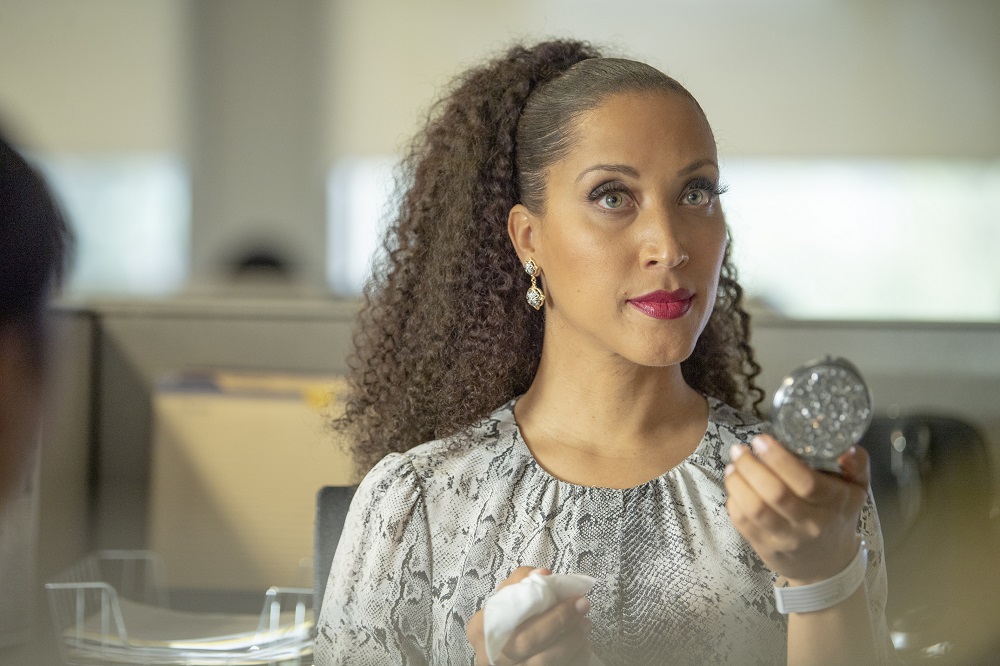In an article for Elle, “Good Girls Revolt” alumna Genevieve Angelson writes about an aspect of the gender pay gap that doesn’t get much attention: There is a stigma surrounding any and all discussions about money. “Polite” people — especially polite women — do not ask about other people’s salaries. Even if it is about equal pay. Even if they are talking to their closest friends.
“I don’t know if I’m paid equally to my male colleagues,” Angelson states simply in her piece. “My desire to fight for gender equality is matched only by how uncomfortable I feel asking the actor next to me how much he or she is getting paid. I’d sooner ask someone if he had a painful childhood.”
Angelson admits the reason for her reluctance is “that age-old character defect that kept my foremothers in bondage: I want people to like me.”
The actress found it hard to break this barrier even on “Good Girls Revolt,” Dana Calvo’s Amazon series about professional women in the ’60s fighting for equality in the workplace. Angelson, who portrayed the free-spirited Patti Robinson, reveals, “Even while shooting a scene on ‘Good Girls Revolt’ in which women discovered their male colleagues earned three times their salaries, we did not discuss our earnings on that job.”
Going into detail about how Hollywood pay is based on a given actor’s “quotes” — a complicated metric informed by the jobs they’ve had, jobs they are up for, how much they’ve earned in the past, and how much their representation is lobbying for — Angelson uses Emmy Rossum’s fight for equal pay on “Shameless” as an example.
“When [Rossum] signed her contracts for ‘Shameless,’ her lesser salary compared to her male costar was the result of less time building her quote rather than a slight against her gender. Nonetheless, the jobs those actors performed on set were arguably the same and Rossum may have attracted as much revenue for the show as her male co-lead. As seasons passed, why shouldn’t she be compensated equally for equal services rendered? Not to mention, THERE ARE FEWER JOBS WRITTEN FOR WOMEN, ESPECIALLY OLDER WOMEN, ESPECIALLY WOMEN OF COLOR, and so fewer opportunities to build a quote. In Hollywood, this is the true gender inequality problem.”
Here Angelson briefly touches upon how especially difficult it is for women of color to fight for and receive equal pay. Bustle wrote about this double bind on Equal Pay Day: “Women of color in Hollywood not only have to fight to be paid equally, but they also have to fight to be seen, heard, and chosen. Speaking up about a pay disparity doesn’t go over as lightly for black and brown women as it seems to for white women,” the source emphasizes.
The article continues that, since feminism is synonymous with white women, white women are “expected to complain or bring attention to injustices plaguing women. Conversely, more often than not, if black and brown women practice that same feminism, they’re more likely to be seen as ungrateful, difficult to work with, or worse, angry.”
Bustle then cites Oscar-winner Mo’Nique’s experience in Hollywood. The actress has been shunned ever since she spoke out about her low pay — just $50,000 — for “Precious,” for which she won the Academy Award for Best Supporting Actress in 2010. “She saw the disparity and reported it. But instead of being supported in the fight, Mo’Nique was reportedly told she didn’t ‘play the game’ properly. She was allegedly labeled as being ‘hard to work with.’ And, according to the actor, she was blackballed,” the source details.
A piece in Refinery29 adds, “Not only are Black women in Hollywood viewed as replaceable, but there doesn’t seem to be a strong investment in defending them with the same tenacity that was there when people rallied around Rossum and [Patricia] Arquette [who spoke in support of equal pay when she accepted her Oscar for ‘Boyhood’ in 2015]. When actresses like Mo’nique are blackballed for not being polite and gracious enough to producers and executives; when the press is largely silent about Jessica Williams being talked down to by Salma Hayek when speaking up about her unique experience as a Black woman.”
“Good Girls Revolt” aired for one season on Amazon before being cancelled, despite being the only Amazon series at the time with a solid female 18-to-49 following. “We were all so surprised because we were a hit,” Calvo commented after the show’s cancellation. “What we hadn’t factored in is that [Amazon Studios head] Roy Price just doesn’t care for the show.” “Good Girls Revolt” was shopped around to other networks but was unable to find another home.
You can catch Angelson next in “Untouchable,” an English-language remake of the French film “The Intouchables,” starring Nicole Kidman, Bryan Cranston, and Kevin Hart. “Backstrom,” “True Story,” and “House of Cards” are among Angelson’s other credits.







